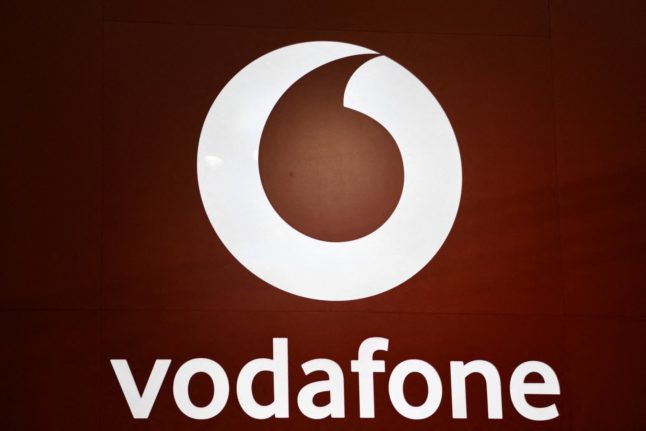Spain’s Minister of Finance, María Jesús Montero, promised the Spanish public on Thursday that the government will not allow a new set of temporary taxes levied on energy companies and financial institutions to be passed onto consumers.
Speaking to the Spanish press, Montero said that Spain’s independent competition regulator, the Comisión Nacional de los Mercados y la Competencia, (CNMC), “will be provided with all the functions to monitor and apply sanctions in case any company separates from the law.”
READ ALSO: Why is electricity in Spain more expensive than ever?
The energy tax, announced by Prime Minister Pedro Sánchez this week during the ‘State of the Nation’ debate in the Spanish Congress, is targeted at what he called “the extraordinary profits” of big energy companies. It is hoped it can recoup €2 billion a year over the next two years.
According to Sánchez, this “exceptional” tax will be implemented during 2023 and 2024 and “will affect the extraordinary profits made in 2022 and 2023 by the dominant groups in the electricity, gas and oil sectors.”
But energy companies are not the only target of the temporary taxes. Financial institutions “that are benefiting from interest rate increases” as Spaniards across the country feel the financial pressures of inflation are also in the government’s crosshairs.
The tax on financial institutions will also run for two years and, Sánchez added, will be worth around €1.5 billion per year to the public coffers.
In total, the taxes will raise around €3.5 billion per year over two years for a total of €7 billion.
Sánchez’s announcement this week, although viewed as welcome and progressive by some, did cause others to worry that the increased rates would be passed down to consumers already struggling to pay skyrocketing utilities bills.
But on Thursday Montero was keen to allay fears about the possibility of consumers footing the bill, and assured Spaniards that prices would – could – not go up as a result. “It is called redistributing the social burden and that, therefore, those who earn the most are the ones who contribute the most to the common stock market,” she said.
This temporary tax measure on profits is just one of a whole host of measures Sánchez’s PSOE-led government coalition have tried to ease the burden on Spaniards struggling with the highest level of inflation in 37 years and crippling price increases in fuel, food, and energy bills.
In June the government cut VAT on electricity bills in half, from 10 percent to 5 percent, after previously cutting it from 21 percent to 10 percent last year.
READ ALSO: Spain to cut electricity tax by half to ease inflation pain



 Please whitelist us to continue reading.
Please whitelist us to continue reading.
Member comments